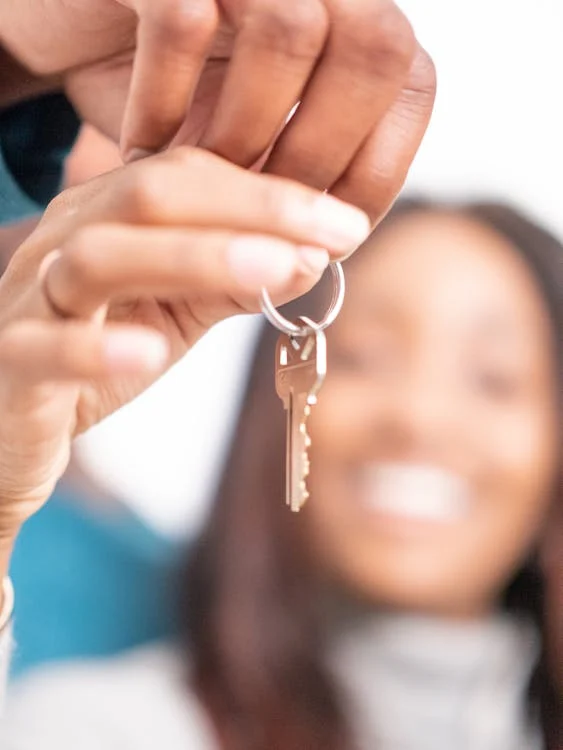
Purchasing your first home is one of life’s most exciting milestones. However, it can also be overwhelming if you’re unprepared. From navigating the mortgage process to finding the perfect neighborhood, there are countless factors to consider. To make your journey smoother, here are some essential tips to keep in mind before signing on the dotted line.
Determine Your Budget
Your budget is the foundation of your home-buying journey.
Calculate how much you can afford by analyzing your income, expenses, and savings. Remember to include additional costs such as property taxes, maintenance, and insurance. Avoid overextending yourself financially; your dream home shouldn’t become a financial burden.
Get Pre-Approved for a Mortgage
Securing a pre-approval letter from a lender gives you a clear picture of your buying power and shows sellers that you’re a serious buyer. Research different lenders to find the best interest rates and terms. Don’t forget to review your credit score and make improvements if needed.
Research Neighborhoods Thoroughly
Location matters as much as the home itself. Consider factors like proximity to work, schools, shopping, and medical facilities such as a walk-in clinic. Spend time exploring neighborhoods at different times of the day to get a sense of the community.
This step ensures you’re not only buying a house but also a lifestyle.
Prioritize Your Must-Have Features
Create a list of must-have features for your new home. Whether it’s a spacious backyard, an open kitchen, or a specific number of bedrooms, knowing your priorities will help narrow down your options. Be realistic about what you can afford and willing to compromise on.
Inspect the Property Carefully
A thorough home inspection is non-negotiable. This process helps uncover potential issues, from plumbing and electrical problems to hidden pest infestations. Speaking of pests, consider implementing a mosquito yard treatment if the area is prone to these insects. It’s an essential step to ensure your home remains a comfortable and safe space.
Understand the Hidden Costs
Owning a home involves more than just the monthly mortgage payment. Consider expenses like homeowners’ association (HOA) fees, property taxes, and unexpected repairs. Budgeting for these costs in advance will save you from financial stress later on.
Think Long-Term
When purchasing your first home, think about how it will fit your life in the long term. Are you planning to expand your family? Will you need a home office? Ensuring your home can accommodate your future needs will save you the hassle of moving again soon.
Choose the Right Real Estate Agent
A knowledgeable and experienced real estate agent can make all the difference. They’ll guide you through the process, negotiate on your behalf, and help you find the best deals. Choose someone who understands your needs and has a solid track record in your desired area.
Don’t Skip Homeowner’s Insurance
Homeowner’s insurance protects your investment against unforeseen events such as fires, floods, or theft. Shop around for policies that offer comprehensive coverage at competitive rates. This small expense can provide significant peace of mind.
Plan for Maintenance
Owning a home comes with maintenance responsibilities.
Regular upkeep, like servicing HVAC systems or scheduling a mosquito yard treatment, can prevent costly repairs down the road. Creating a maintenance checklist and setting aside a budget for these tasks will help you keep your home in top condition.
Conclusion: Take Your Time and Plan Wisely
Buying your first home is an exciting journey, but it’s also a significant financial commitment.
By considering your budget, researching neighborhoods, and planning for long-term needs, you’ll set yourself up for success.
Don’t forget to explore the amenities in your area, like a walk-in clinic for medical emergencies and services like mosquito yard treatment to keep your outdoor spaces comfortable. With careful preparation, you’ll find a home that brings you joy for years to come.
Collaborative Post.







